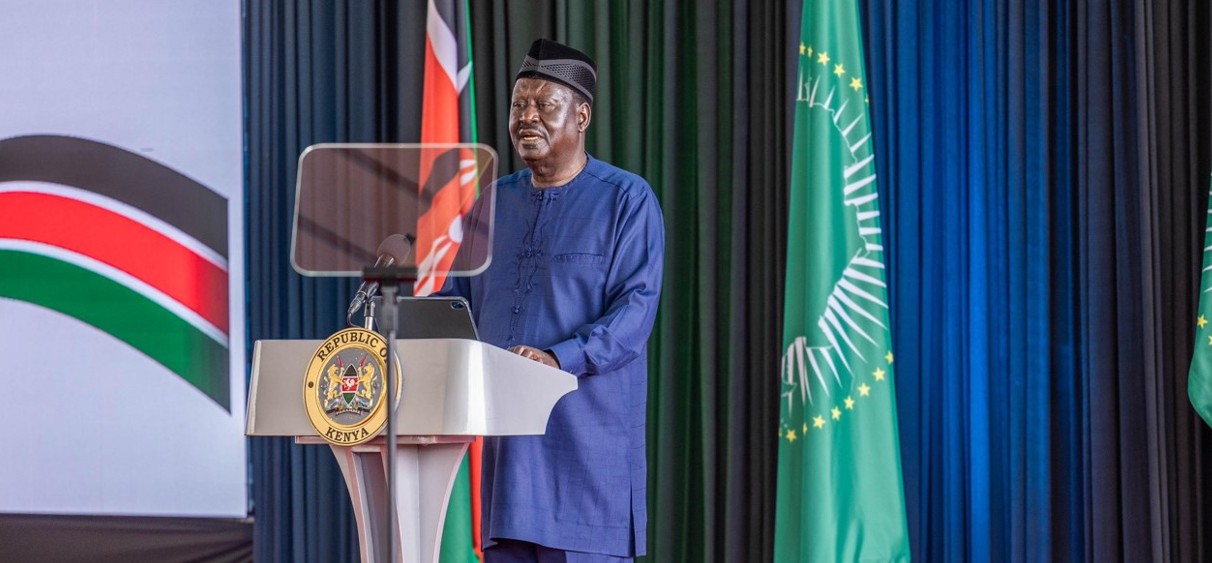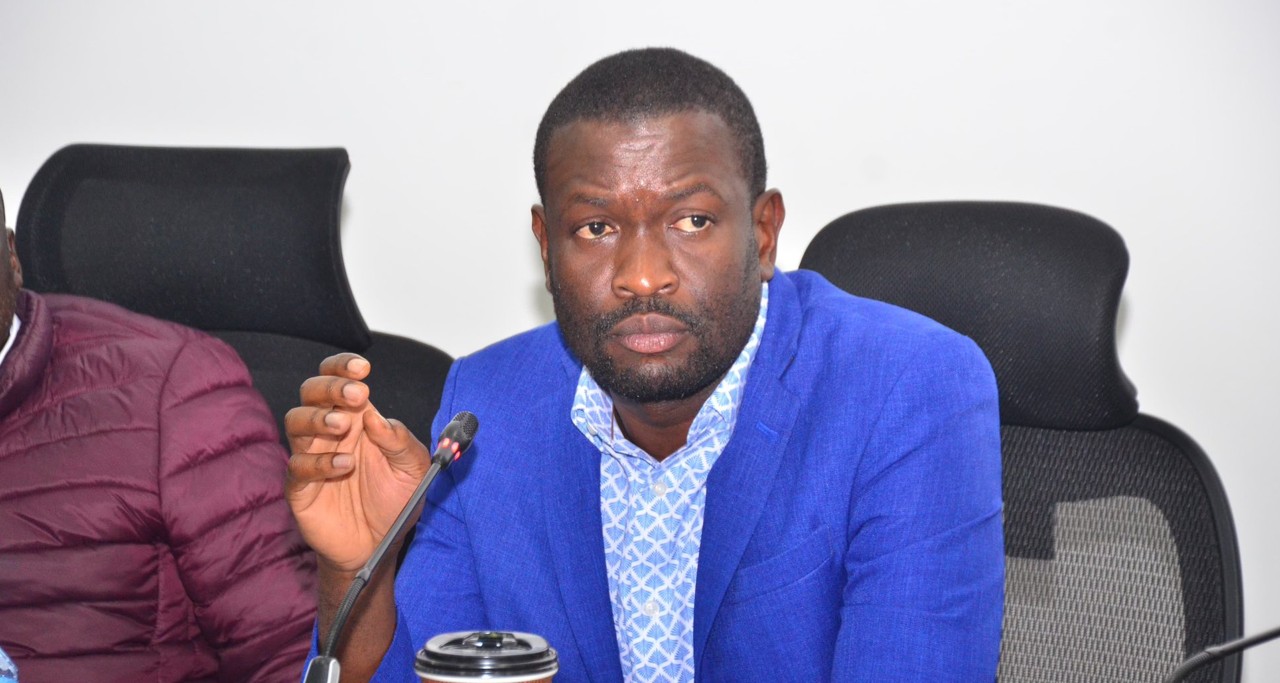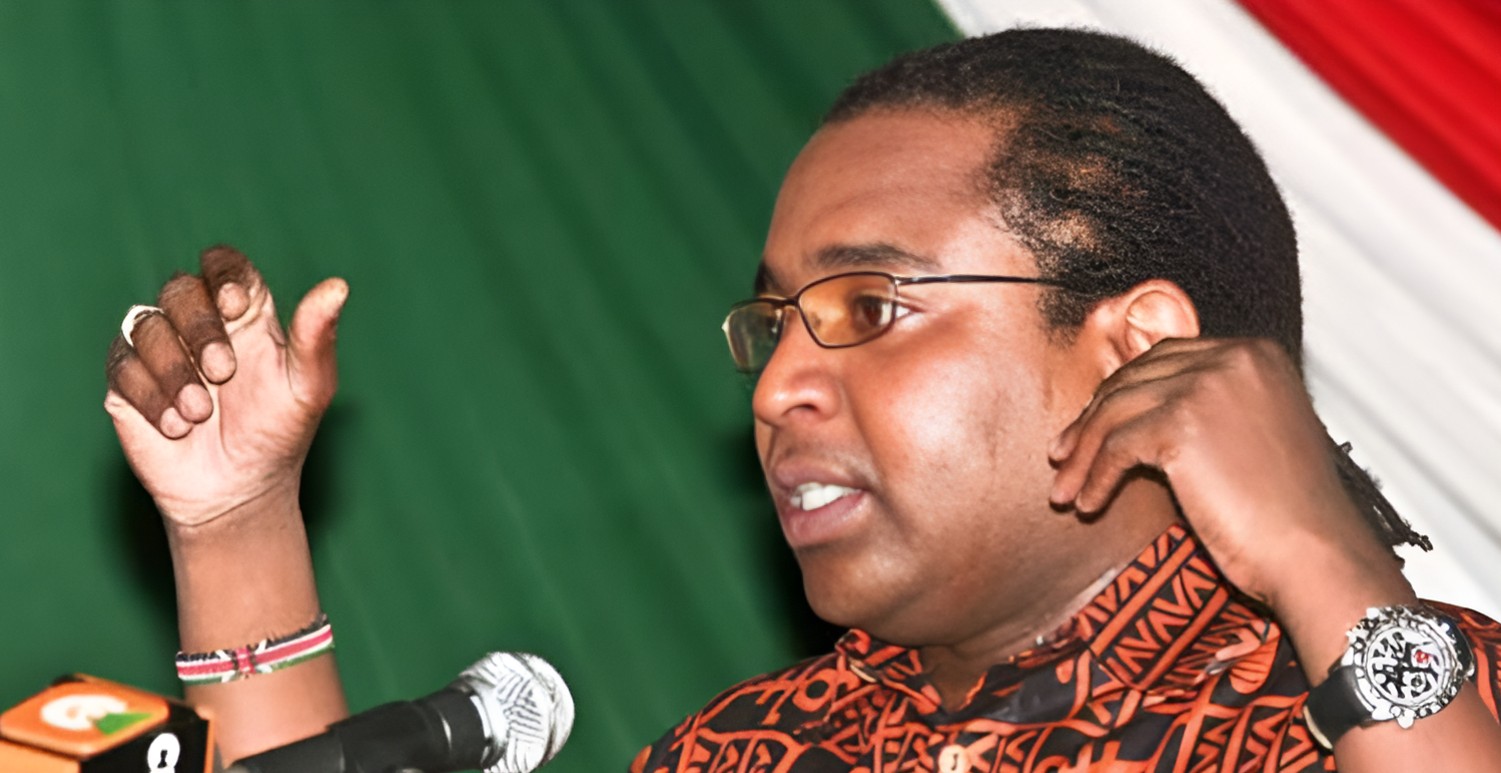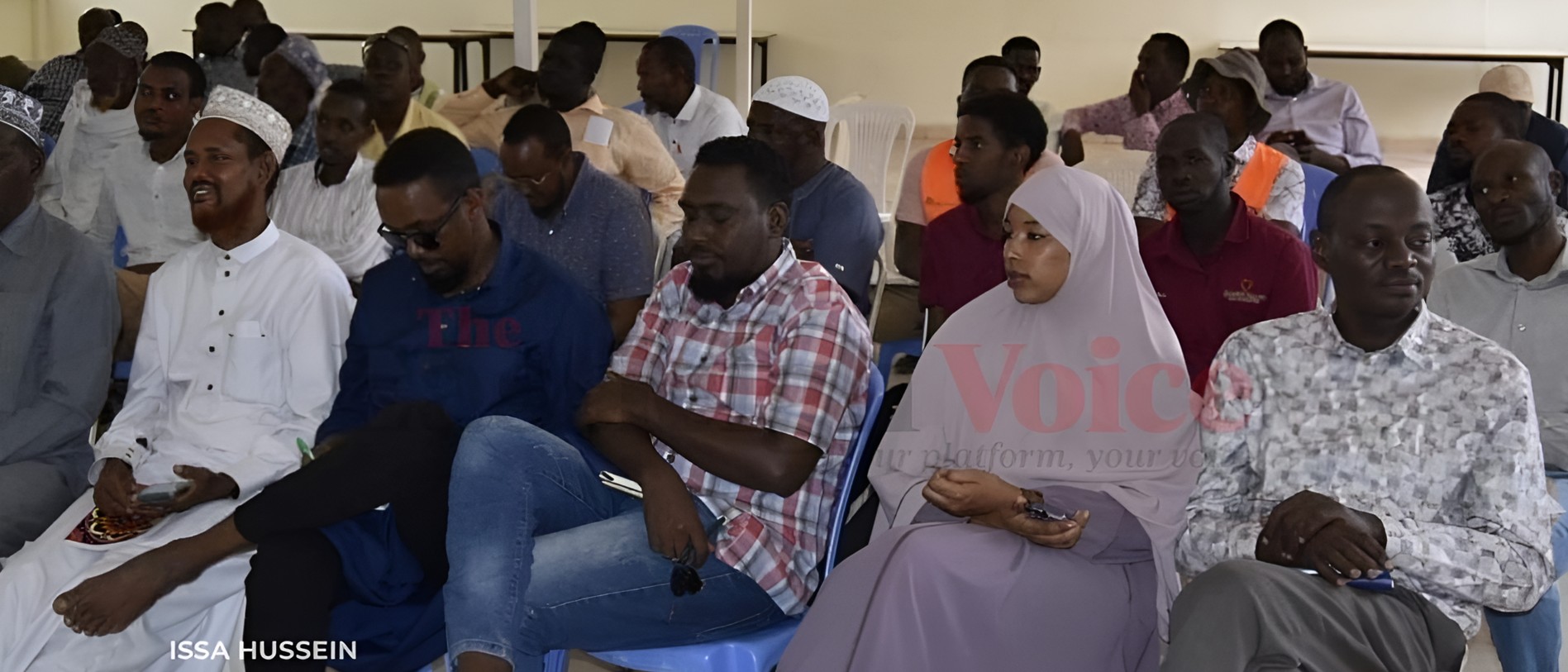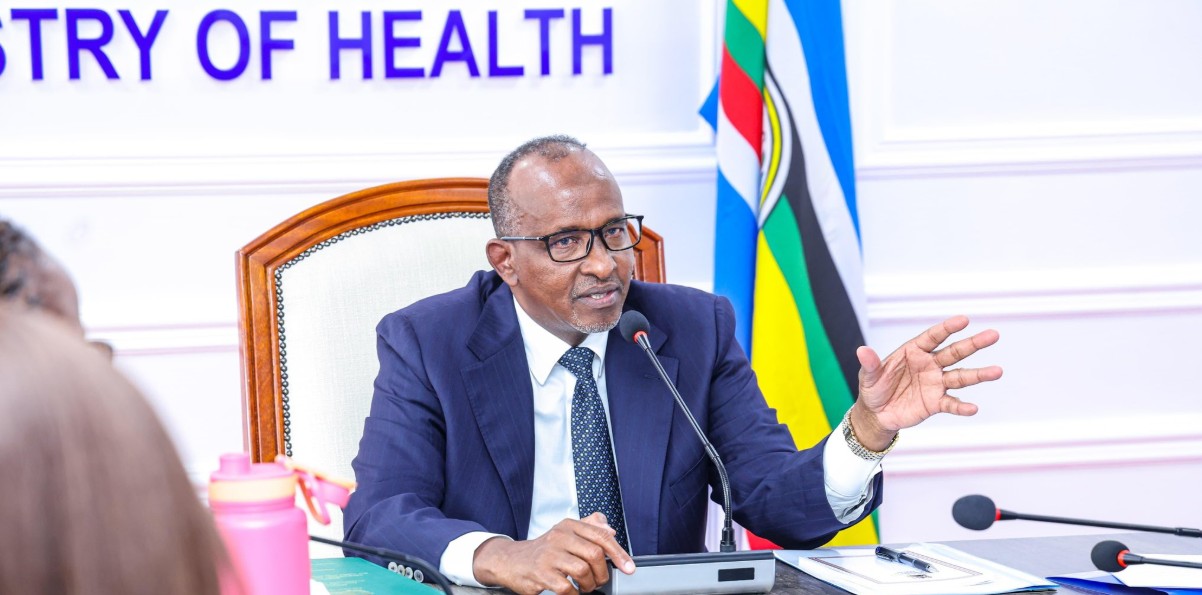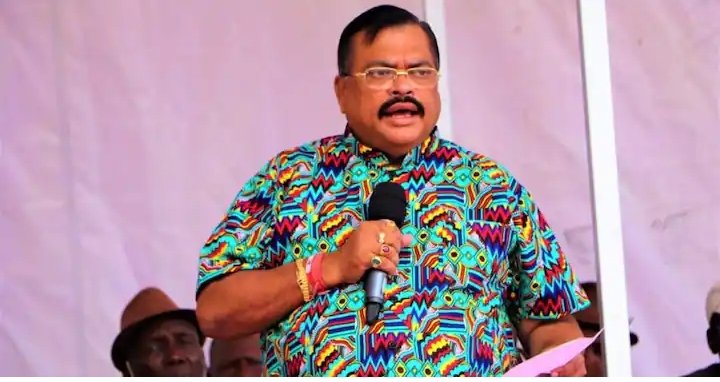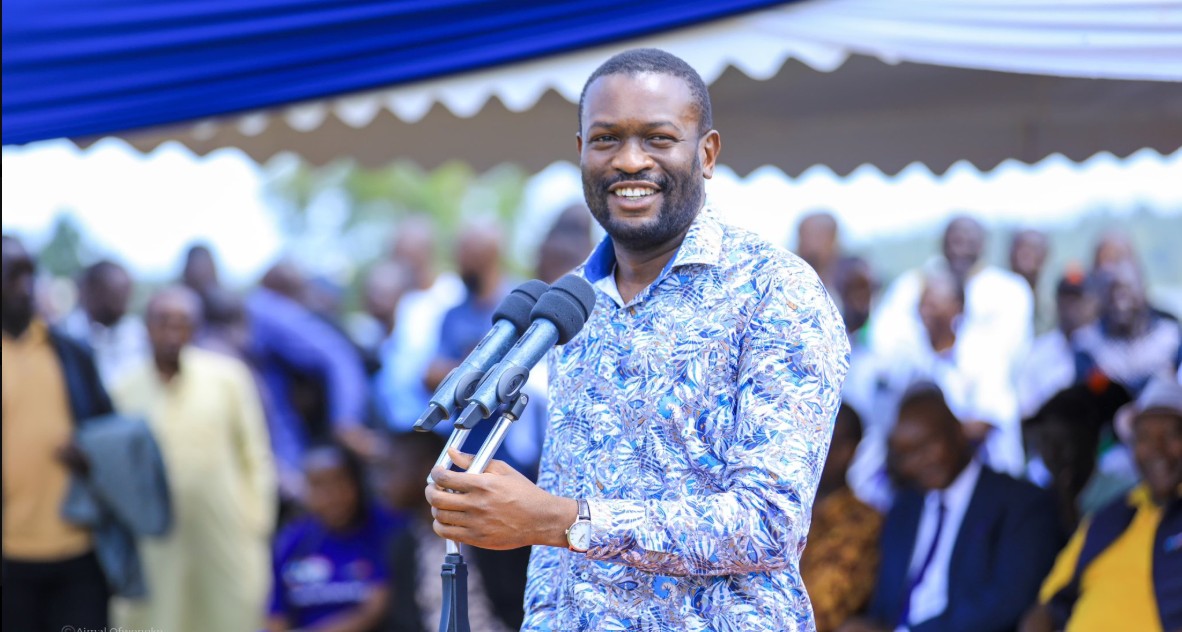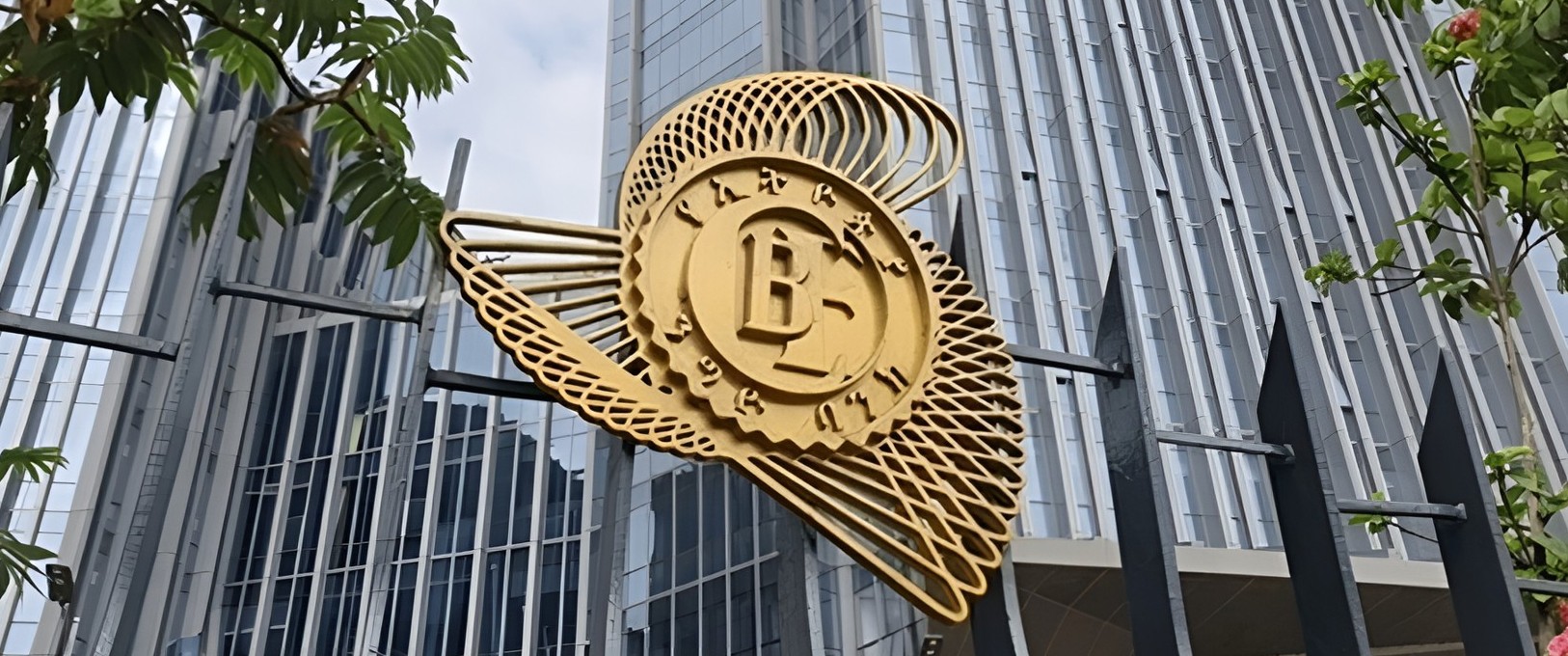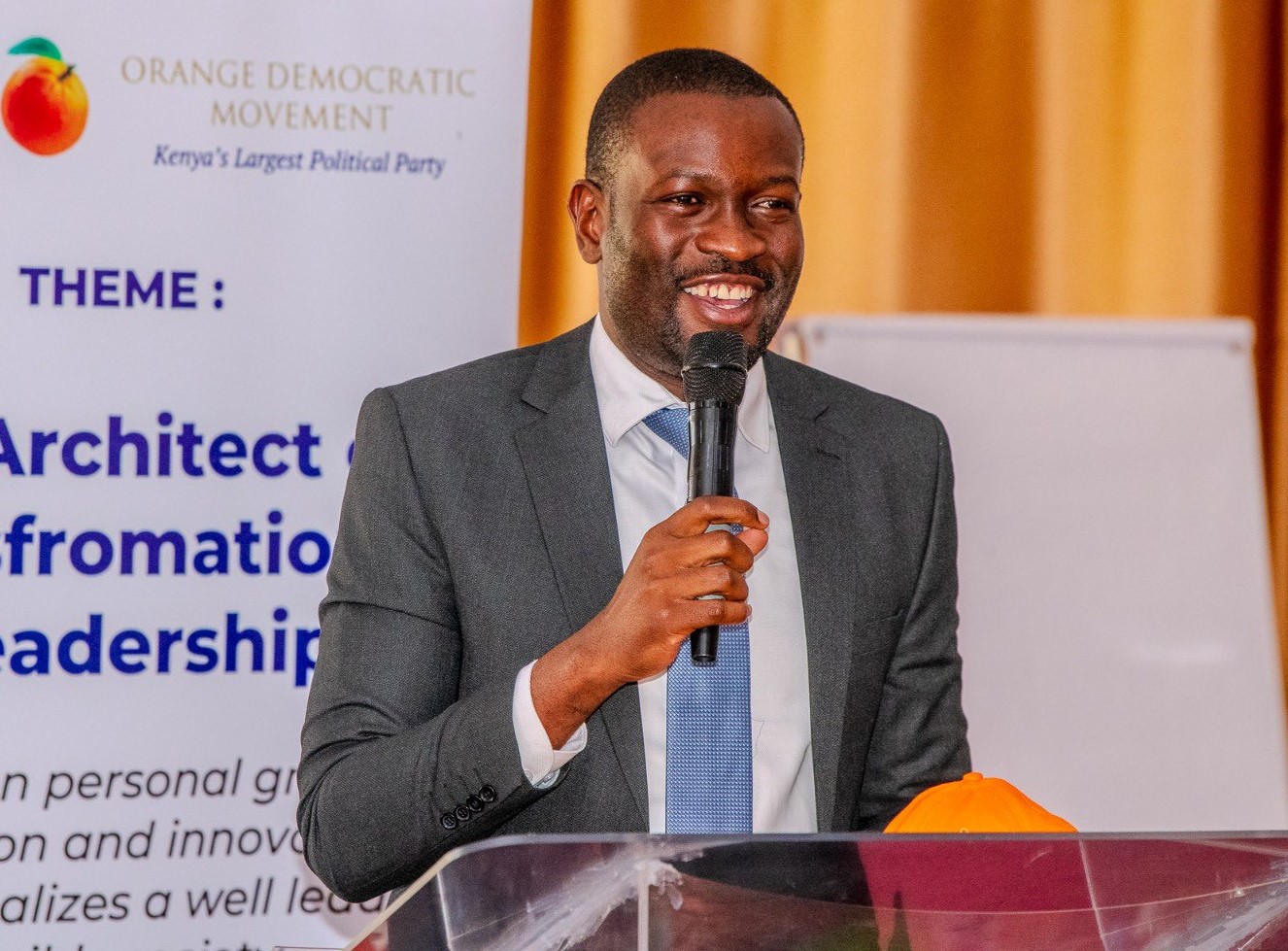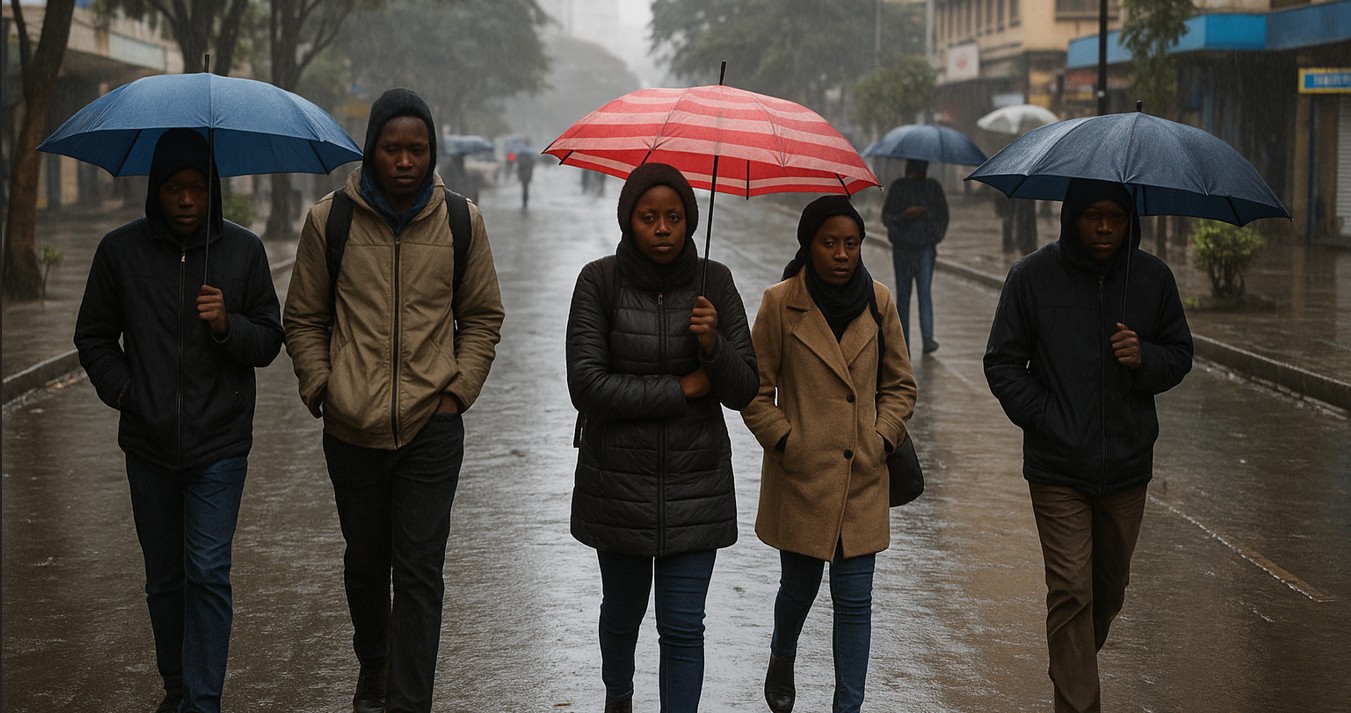Government defends use of terrorism charges in protest crackdown
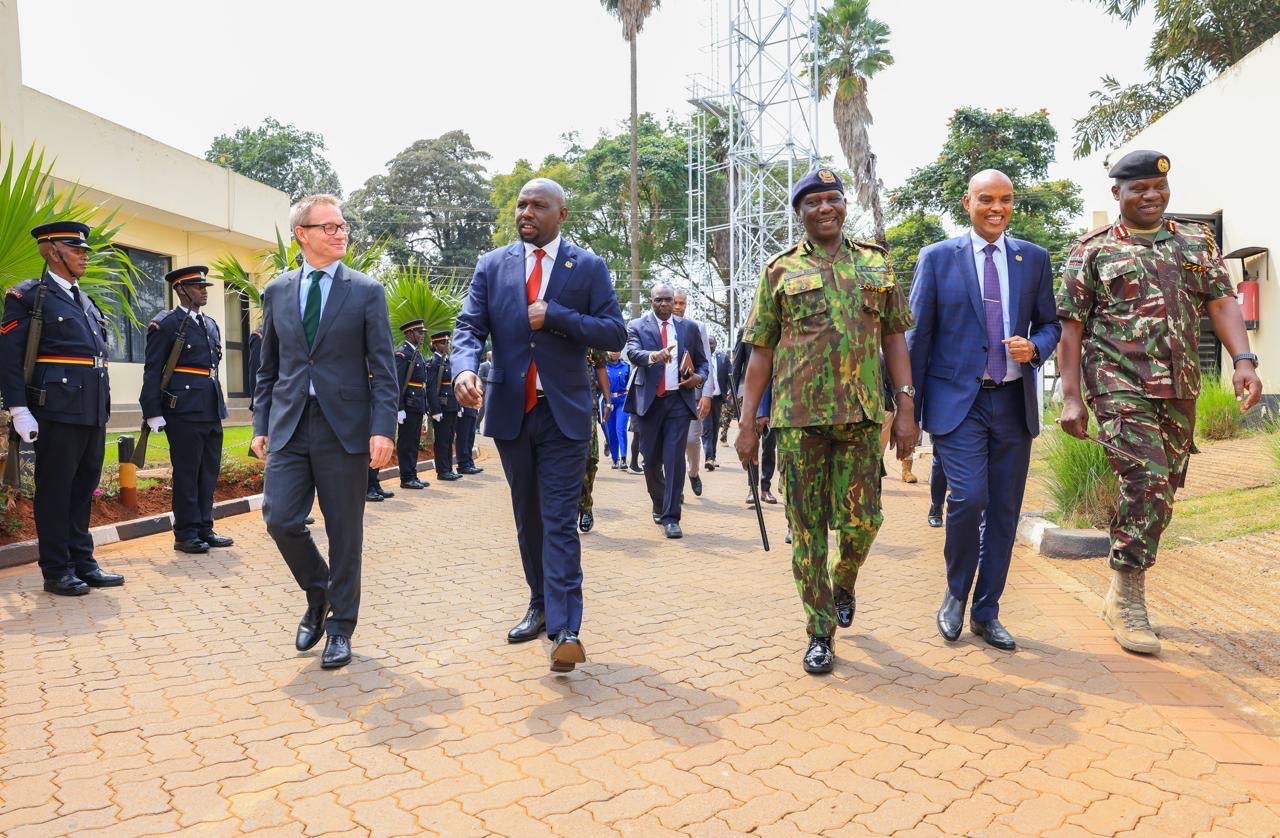
CS Murkomen challenged critics to provide alternative legal grounds for prosecuting the suspects, maintaining that national security must not be compromised for political correctness.
The government has defended its approach in prosecuting suspects under the Terrorism Act, arguing that individuals organising gangs to burn property and attack civilians are no different from terrorists hiding in the country’s border regions.
Speaking during a football event at the Bomet IAAF stadium, Interior Cabinet Secretary Kipchumba Murkomen challenged critics to provide alternative legal grounds for prosecuting the suspects, maintaining that national security must not be compromised for political correctness.
More To Read
- Police bosses, DPP sued over Saba Saba protest arrests
- Terrorism charges spark outcry as State 'clamps down on dissent'
- Speaker Moses Wetang’ula calls for urgent protest law reform to end chaos
- Murkomen orders arrests of commercial miners operating illegally in Turkana, West Pokot
- Over 30 leaders, clerics under probe for fuelling banditry in North Rift - CS Murkomen
- Legal experts decry Kenya's ‘weaponisation’ of terror laws against Saba Saba protesters
“Those challenging the Directorate of Criminal Investigations (DCI), the Office of the Director of Public Prosecution (ODPP) and the Judiciary, saying the terrorism charges preferred against those who have been arrested are inappropriate, should explain to us the alternative charges for the suspects,” Murkomen said.
He declared that all those who planned, financed or participated in the recent violent protests that rocked parts of the country will be arrested and prosecuted. The protests led to the destruction of property, burning of police stations, attacks on judiciary buildings, looting of businesses, torching of motor vehicles and assaults on police officers and civilians.
“If you invade a police station, burn it, steal guns, burn houses and business premises, burn courts and judiciary buildings, what else is that crime called if not an act of terrorism?” Murkomen posed.
“If you establish criminal gangs whose business is to invade and destroy business enterprises… if you finance people to carry machetes and petrol bombs to invade people’s houses, business premises and security installations, why can’t we arrest and charge you with terrorism?”
The Interior CS, accompanied by Deputy Inspector General of Police Gilbert Masengeli, Bomet Deputy Governor Shadrack Rotich and Senator Hillary Sigei, said the government would not relent in its crackdown, despite public outcry over human rights concerns.
“The arrests will continue despite the uproar it has caused in some quarters. Investigations and the crackdown will continue and the arraignments in court will continue until order prevails in the country,” he said.
According to Murkomen, the violence witnessed on June 25 and July 7 was not an ordinary protest but organised criminal activity warranting terrorism charges. He said apart from terrorism, some suspects would face charges of theft, robbery, arson and other crimes.
“Unfortunately, people do not imagine that terrorists live in the upmarket centres and estates in this country, that they do not wear suits… that they are only to be found in Boni Forest, Mandera, Marsabit and Turkana,” he said.
Murkomen warned that individuals organising citizens to participate in criminal activities in the name of picketing would be arrested and prosecuted under the Terrorism Act.
“However long it takes to get those involved, there is no going back on it. Order must prevail in the country,” he said.
He cited over 42 deaths during the protests, which he termed “acts of terrorism disguised as picketing.”
He revealed that over 50 police officers had been injured and warned that attacks on police officers, theft of guns and arson against security installations must end.
Activist Boniface Mwangi’s recent arrest, initially on terrorism charges before being arraigned for illegal possession of ammunition, has been cited by rights groups as an example of the government’s crackdown.
Human rights defenders have strongly condemned the government’s actions, accusing it of escalating human rights violations through arbitrary arrests and trumped-up charges. In a joint statement, the defenders accused the state of criminalising peaceful protests and dissent.
“As patriotic Kenyans, Pan-Africanists and human rights defenders, we are deeply alarmed by the growing pattern of arbitrary arrests and trumped-up charges targeting innocent youth, and anyone who dares to speak out in Kenya. What began as targeted persecution of young protesters demanding accountability has metastasised into a full-scale assault on Kenya’s democracy,” the statement read.
The activists warned that despite Article 37 of the Constitution guaranteeing peaceful assembly and protest, citizens exercising these rights were being falsely accused of terrorism, arson and money laundering to silence them.
They cited the arrest of Mwangi a day after filing a case at the East African Court of Justice against the governments of Kenya, Uganda and Tanzania, over alleged enforced disappearance, arbitrary detention and torture. They said the raid on his home and search of his Mageuzi Hub offices were conducted without valid court orders, with no records found in the judiciary’s case tracking system.
They urged the Judicial Service Commission to protect judicial independence and reject what they called state-led criminalisation of activism.
“Judges and magistrates must not be complicit in the criminalisation of activism through unreasonable arrest and search warrants, biased rulings or prolonged detentions,” the coalition said.
Top Stories Today
Reader Comments
Trending
